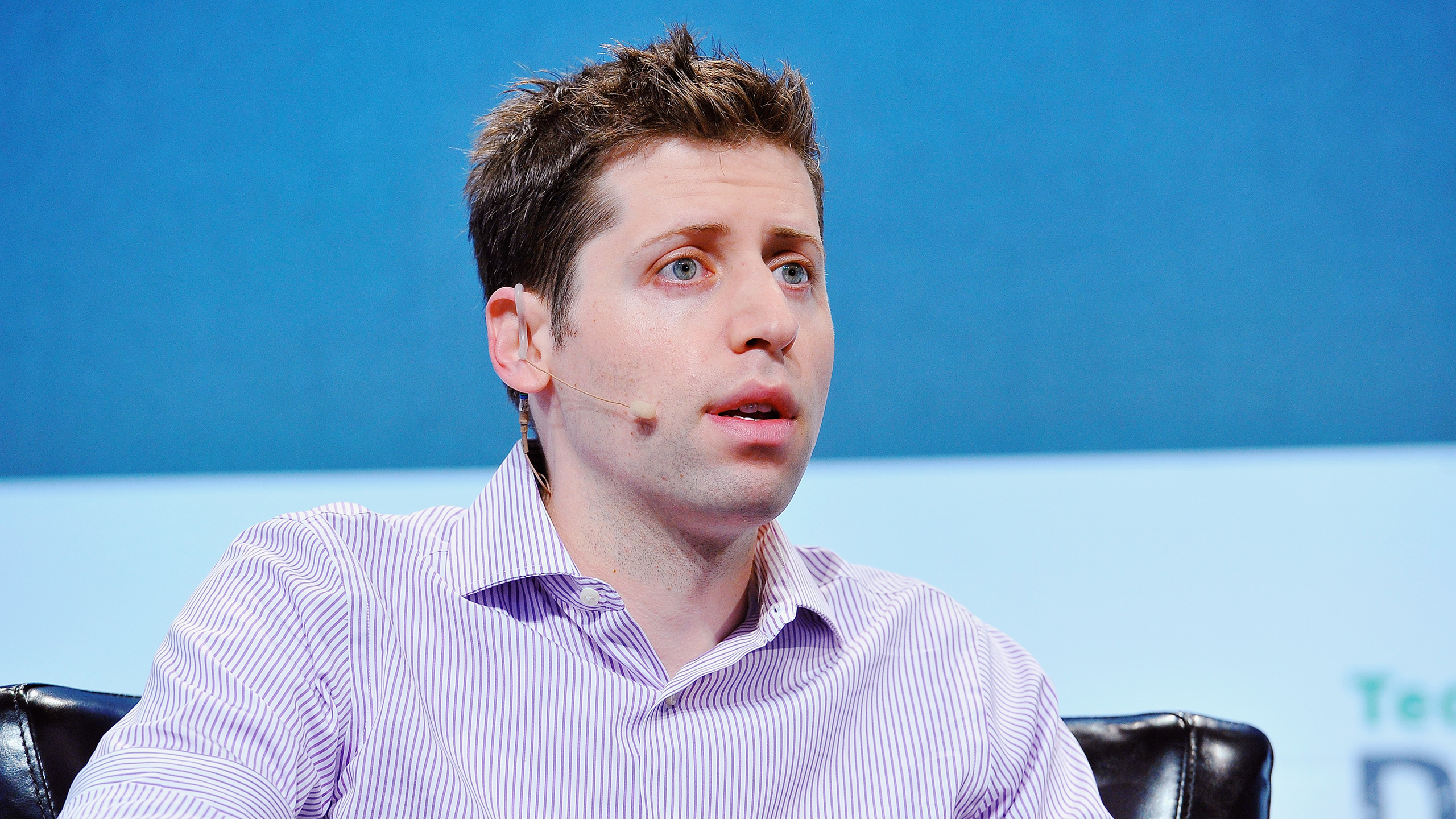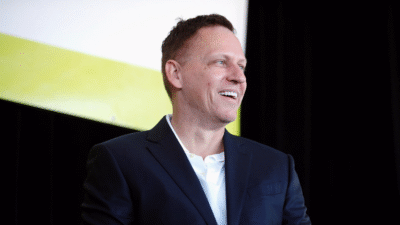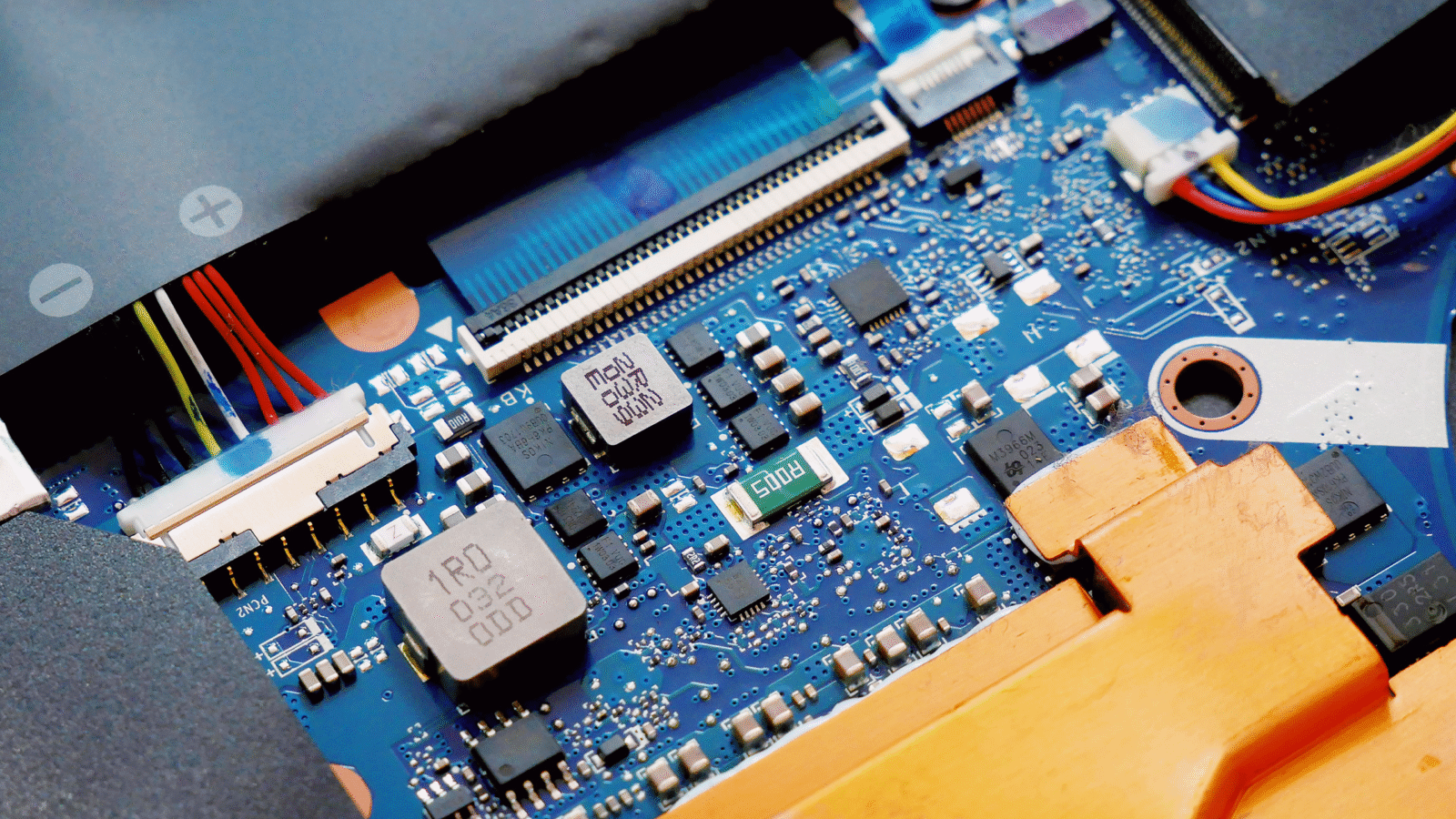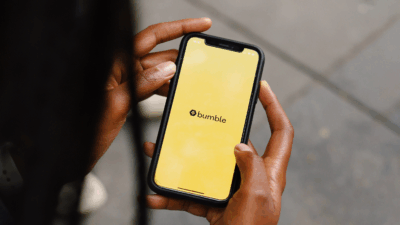Startup Founders Are Feeling Skittish After Altman Fiasco
The leaders of young companies are turning to supervoting stock and cherry-picking their boards to avoid a blindside.
Sign up for smart news, insights, and analysis on the biggest financial stories of the day.
Sam Altman’s firing and unfiring by OpenAI has other founders asking themselves: how can they make sure something like that never happens to them, The Wall Street Journal reported.
You’re Outta Here
Though it’s still not clear why the board fired Altman, it’s been reported that he wanted to grow the nonprofit-corporate hybrid company as much — and as quickly — as possible. The board, on the other hand, was apparently concerned with risks associated with unchecked AI expansion, like widespread disinformation and automating massive swathes of the global workforce. A board was taking the humanitarian approach for once — crazy, we know.
The most shocking part was how quickly Altman was first fired. OpenAI’s board didn’t even notify Microsoft, OpenAI’s biggest shareholder with a 49% stake. Now, other startup founders are making “Don’t get fired” their top New Year’s resolution:
- Long-Term Stock Exchange founder Eric Ries told the WSJ one of the most practical strategies is implementing supervoting shares, which give founders ultimate control. For example, Mark Zuckerberg owns just 13% of Meta’s stock but controls about 60% of the voting rights. In the early days of Facebook, he used this power to veto a $1 billion sale to Yahoo.
- Another method is essentially cherry-picking board members who have allegiance not to investors or other directors, but to the company, and likely the founder. BreatheEV founder Max Bregman told the WSJ he’s trying to avoid “career” board members and that he might have his board take an ethics pledge.
Can You Spare a Dime? Another new concern for founders: the possibility of less venture capital funding. In 2023, venture firms invested $140 billion into startups, but Ernst & Young’s Jeff Grabow told Institutional Investor that “we won’t hit $100 billion.” Similar to how many companies went on hiring sprees post-pandemic only to pivot to hefty layoffs and a wait-and-see approach, Grabow said VCs are likely to take their time deciding what startups to back this year.












